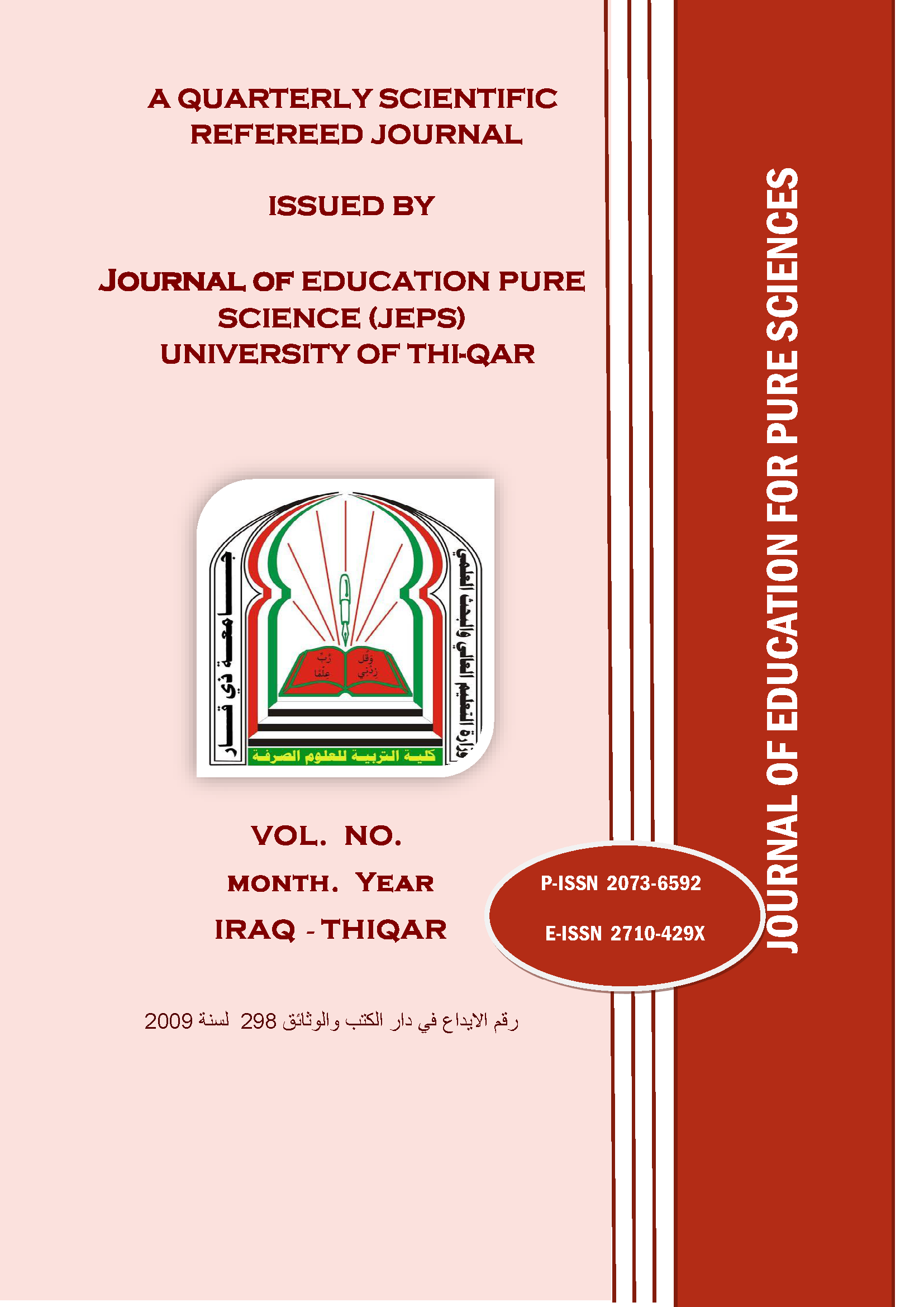Makeup-Invariant Faces Recognition Using a Pre-Trained Neural Network, Grasshopper Optimization Algorithm, and Random Forest
DOI:
https://doi.org/10.32792/jeps.v14i3.464Keywords:
Face Recognition, Pre-Trained Neural Network, Grasshopper Optimization Algorithm (GOA), Random ForestAbstract
Makeup-Invariant Face Recognition is a critical area of research that aims to identify and classify manipulated or forged face images in the field of face recognition systems. Advances in deep learning techniques, such as pre-trained neural networks, have shown promising results in this domain. In this paper, a novel approach for detecting manipulated faces is proposed, combining the strengths of pre-trained neural networks, the Grasshopper Optimization (GOA) Algorithm, and Random Forest classifier. The proposed method utilizes the powerful feature extraction capabilities of pre-trained deep neural networks to capture intricate details and patterns in face images. Subsequently, the GOA algorithm is employed to select optimal features. Additionally, the Random Forest classifier is utilized for effective classification of face images and identifying different individuals based on the selected features. By integrating these three algorithms, the proposed approach demonstrates significant improvements in detecting manipulated faces, achieving higher detection rates and lower false positive rates compared to existing state of the art methods. Simulation results on data from 25 different individuals with manipulated face images show an average accuracy of 97.23%, which represents an enhancement over the compared methods.
Downloads
Published
Issue
Section
License
Copyright (c) 2024 Journal of Education for Pure Science- University of Thi-Qar

This work is licensed under a Creative Commons Attribution-NonCommercial-NoDerivatives 4.0 International License.
The Authors understand that, the copyright of the articles shall be assigned to Journal of education for Pure Science (JEPS), University of Thi-Qar as publisher of the journal.
Copyright encompasses exclusive rights to reproduce and deliver the article in all form and media, including reprints, photographs, microfilms and any other similar reproductions, as well as translations. The reproduction of any part of this journal, its storage in databases and its transmission by any form or media, such as electronic, electrostatic and mechanical copies, photocopies, recordings, magnetic media, etc. , will be allowed only with a written permission from Journal of education for Pure Science (JEPS), University of Thi-Qar.
Journal of education for Pure Science (JEPS), University of Thi-Qar, the Editors and the Advisory International Editorial Board make every effort to ensure that no wrong or misleading data, opinions or statements be published in the journal. In any way, the contents of the articles and advertisements published in the Journal of education for Pure Science (JEPS), University of Thi-Qar are sole and exclusive responsibility of their respective authors and advertisers.





